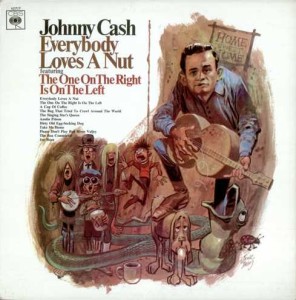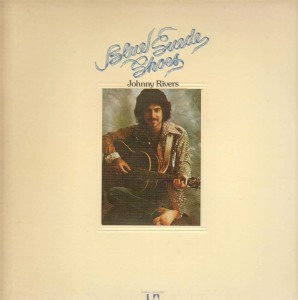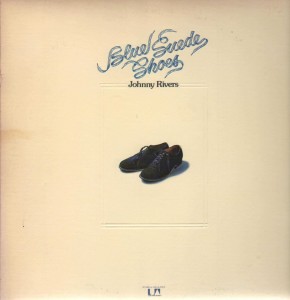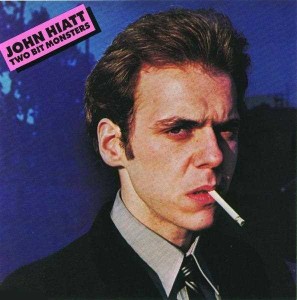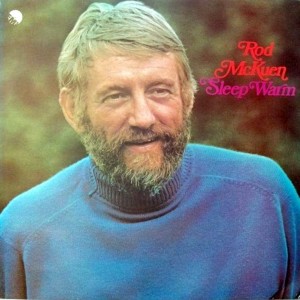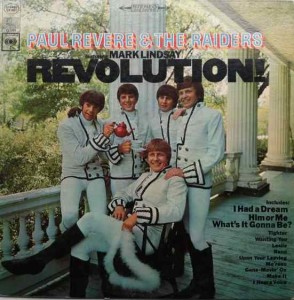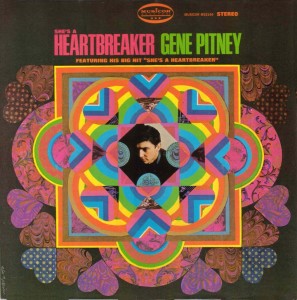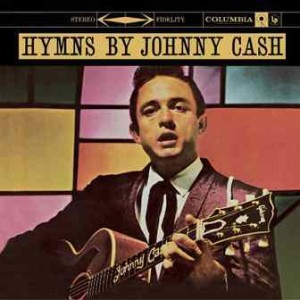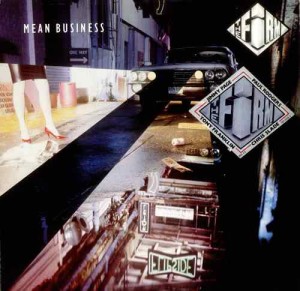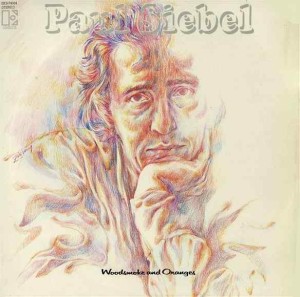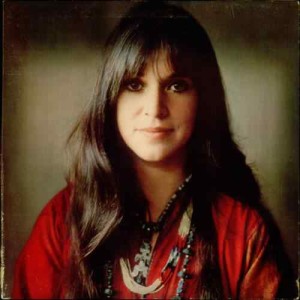They certainly do.
But everyone loves someone who is deadly serious and can be pontificated over.
Generation X did that to Johnny Cash and his Rick Rubin recordings.
But, Johnny put out Christmas albums, kids albums, gospel albums, and this, an album of humorous songs.
The songs, though, cover a range of “humorous” styles. There are funny songs, satire, sharp songs with a point to be made, silly songs and, yes, “nutty” songs.
Johnny has framed the songs in a folky country sound. That distinct Johnny Cash sound we know is there but it comes with more folk stylings. This is not surprising as Johnny always had a fair bit of folk music in him and you can hear that going back to his earliest Sun recordings in the 50s.
I suspect he may have accentuated that folky sound because a couple of the songs are folk themed and some are humorous comments on folk music acts. The American folk music boom was still alive but slowing down by this stage. Cash, himself, was probably drawn to the material about folk bands because he knew them pretty well having played the Newport Folk Festival in 1963 and 1964 (as he would again later). Likewise, he would have known the old folk songs when growing up, and perhaps the humorous folk songs are meant to be a sort of "you guys are all too serious about folk, folk is also about making the audience happy also, not just telling them their troubles which they already know about"
Having said that even the songs with gentle humour have something more serious to say about the world, which reminds me a little of Pete Seeger’s albums for kids.
Cash’s songs are definitely not for kids.
Cash also only wrote or co-wrote two songs on the album but it seems that the other songs were written for him or he found amongst demos as he has selected a group which hang together well. There are a couple that sound out of place so I assume they may have come off another session and are used a s filler. the album's material was recorded between March 12, 1965 – January 29, 1966 which would indicate that could be the case.
Likewise, I don't know if Johnny set out to make a humorous album or if someone at Columbia just rounded up those songs from different sessions thinking it would be a good idea.
I'm sure there are Cash-ophiles out there who would know the answer to that.
Tracks (best in italics)
- Everybody Loves a Nut – (Jack Clement) – the title and the statement of faith on the album.
- The One on the Right Is on the Left – (Clement) – excellent send up of folk bands and the folk revival of the time. Quite pointed. http://en.wikipedia.org/wiki/The_One_on_the_Right_Is_on_the_Left
- Cup of Coffee – (Elliott) – sung with Ramblin' Jack Elliott . Ramblin Jack isn't the only one ramblin' on this one. Are they pissed? Coffee is not what they are drinking. It is quite infectious in a sort of "I'm going over to my mates place for a drink and sing a long" type of way.
- The Bug That Tried to Crawl Around the World – (JR Hall, Cash) – a song about a bug achieving greatness in its struggle.
- The Singing Star's Queen – (Jackson King, Bill Mack) – A song about a singer called "Waylon" and songwriter Jackson King is a pseudonym for Waylon Jennings.
- Austin Prison – (Cash) – I'm not sure if there is anything humorous about going to jail for killing your woman, though some may disagree.
- Dirty Old Egg Sucking Dog – (Clement) – a silly song.
- Take Me Home – (Clement, Allen Reynolds) – another song that is not particularly humorous. A man who has been roaming and wandering longs for home and family. Co-writer Allen Reynolds went on to produce a lot of Garth Brooks hit albums.
- Please Don't Play Red River Valley – (Cash) – A very funny song about "learning folk".
- Boa Constrictor – (Shel Silverstein) – quite, light by the writer of so many Dr Hook songs. http://en.wikipedia.org/wiki/Shel_Silverstein
- Joe Bean – (Bud Freeman, Leon Pober) – Bud Freeman was a jazzman and Leon Prober worked on Hollywood soundtracks. They had written all the songs for the humorous great album “Songs of Couch and Consultation” sung by Katie Lee in 1957, but this song, originally done by Homer & Jethro (a humorous country act) on their "Go West” album of 1963, isn’t really humorous or maybe it is. It’s about a man going to the gallows on his birthday. At first I thought the song, was a piss take and then I thought it was serious, and then ironical. I’m not sure what to make of this song though it is quite good.
And …
A hoot …. I'm keeping it.
Chart Action
US
Singles
1966: The One On The Right Is… Country Singles #2
1966: The One On The Right Is… Pop Singles #46
1966: Everybody Loves A Nut Country Singles #17
1966: Everybody Loves A Nut Pop Singles #96
1966: Boa Constrictor Country Singles #39
Album
1966 Everybody Loves A Nut Country Albums #5
1966 Everybody Loves A Nut The Billboard 200 #88
England
Singles
—
Album
1966 Everybody Loves A Nut Country Albums #28 (his first charting album in the UK)
Sounds
http://recordlective.com/Johnny_Cash/Everybody_Loves_a_Nut/8546d6ff-c1da-32c8-8171-13a7bc287158/
The One on the Right Is on the Left
mp3 attached
Johnny Cash – The One on the Right is on the Left
Dirty Old Egg Sucking Dog
http://www.youtube.com/watch?v=v9X3iF6ntXQ
Others
humorous Cash
http://www.youtube.com/watch?v=TYctbbWWzzo
Review
http://www.allmusic.com/album/everybody-loves-a-nut-mw0000869176
Bio
http://en.wikipedia.org/wiki/Johnny_Cash
http://www.allmusic.com/cg/amg.dll?p=amg&sql=11:aifrxql5ldae~T1
http://www.sing365.com/music/lyric.nsf/johnny-cash-biography/8a7dc5e427e37bc048256c9c001c84cc
http://en.wikipedia.org/wiki/Jack_Clement
Website
Trivia
- Personnell: Johnny Cash – Vocals, Guitar, Harmonica / Luther Perkins, Norman Blake – Guitar / Bob Johnson – Guitar, Flute, Banjo / Marshall Grant – Bass / W.S. Holland – Drums / Bill Pursell – Piano / Jack Elliott – Yodel / The Carter Family, The Statler Brothers – Background Vocals.
- Not surprisingly the cover art was drawn by Mad magazine cartoonist Jack Davis. http://en.wikipedia.org/wiki/Jack_Davis_(cartoonist)

